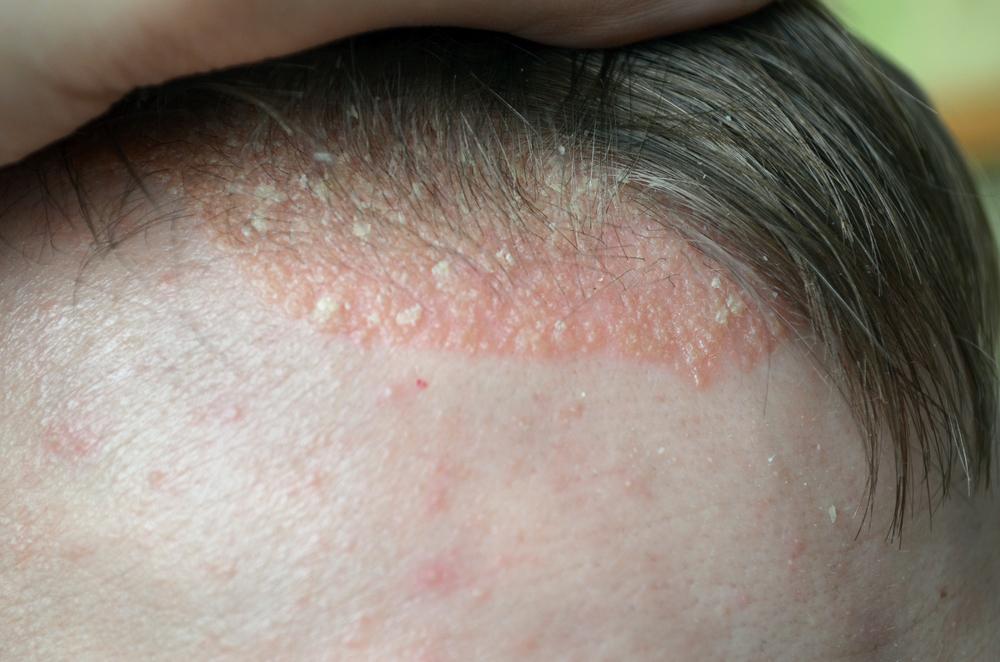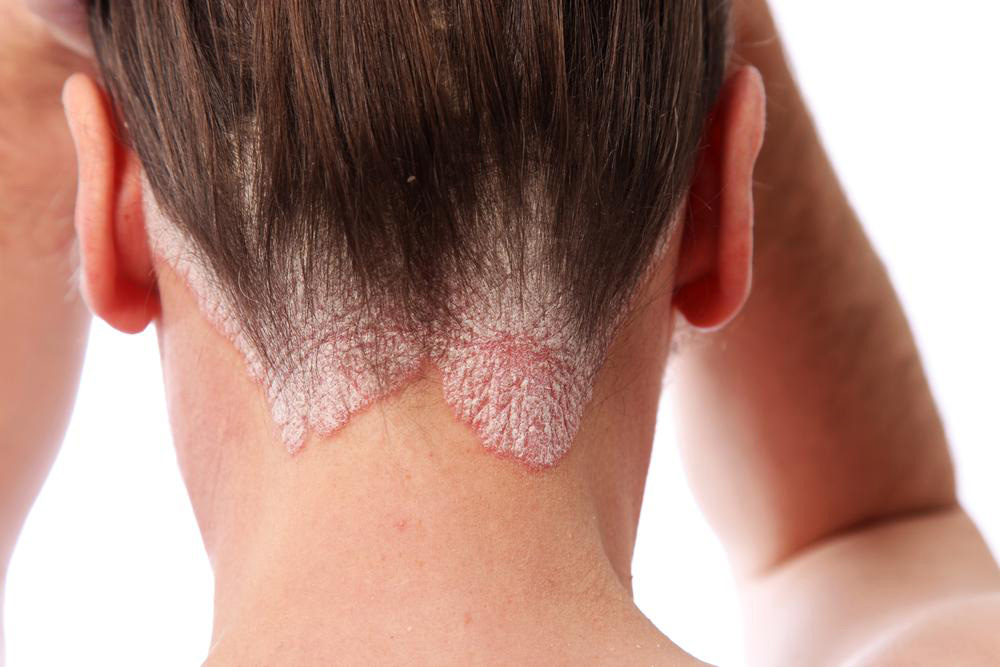The Ultimate Guide to Managing and Treating Scalp Psoriasis
This extensive guide provides in-depth information on scalp psoriasis, including its causes, symptoms, and effective treatment options. It emphasizes the importance of early diagnosis and professional medical guidance, offering practical tips for managing this autoimmune condition. Readers will learn to distinguish scalp psoriasis from dandruff, recognize warning signs, and adopt lifestyle habits to improve scalp health and prevent complications. With expert advice, sufferers can achieve better skin health and enjoy a higher quality of life through informed care and treatment strategies.

Comprehensive Strategies for Understanding and Managing Scalp Psoriasis
Scalp psoriasis is a common yet often misunderstood skin condition that affects millions worldwide. Differentiating it from more common scalp issues like dandruff can be quite challenging because both conditions share similar symptoms such as itching, flaking, and scalp discomfort. However, understanding the fundamental differences is crucial for effective management and treatment. This detailed guide aims to help you recognize, diagnose, and treat scalp psoriasis effectively, ensuring you can maintain a healthier scalp and improve your quality of life.
Understanding the Nature of Scalp Psoriasis
Scalp psoriasis is an autoimmune disorder characterized by the rapid accumulation of skin cells on the scalp. Unlike dandruff, which is usually caused by fungal imbalances, psoriasis is linked to a malfunctioning immune system that mistakenly attacks healthy skin cells. This condition is hereditary and can be triggered or exacerbated by various factors, including stress, infections, skin injuries, or certain medications. It is important to note that, unlike dandruff, scalp psoriasis is not contagious, although it can look similar and cause concern for those unfamiliar with the symptoms.
Though primarily affecting the scalp, psoriasis can also extend to other parts of the body, including the elbows, knees, and back. Severe cases may involve joint inflammation known as psoriatic arthritis, which warrants urgent medical attention. Managing scalp psoriasis early can prevent its spread and reduce the risk of complications.
Key Symptoms to Recognize
Recognizing scalp psoriasis involves paying attention to specific signs and symptoms that vary in severity from mild to severe. Typical indicators include persistent dry patches on the scalp, redness, significant itching, and flaking of skin. Unlike regular dandruff, psoriasis tends to produce silvery, flaky scales that may resemble thick patches or plaques. Hair thinning can occur due to scratching or inflammation, and scratched areas may bleed or become infected. These symptoms often appear symmetrically on both sides of the scalp, emphasizing the need for early detection and treatment.
Other symptoms may include burning sensations, soreness, and increased sensitivity in affected areas. Factors like extreme weather changes, poor nutrition, or vitamin deficiencies can worsen symptoms. Ignoring these signs or delaying treatment can lead to persistent discomfort and further skin damage.
Effective Treatment Options and Management Strategies
Managing scalp psoriasis involves a combination of topical treatments, lifestyle modifications, and sometimes systemic medications. Topical corticosteroids are often the first line of defense to reduce inflammation and alleviate itching. These are available in various formulations, including shampoos, lotions, and foams. Vitamin D analogs, such as calcipotriol, can slow down the excessive skin cell growth, providing relief from lesions.
Medicated shampoos containing coal tar or salicylic acid can help remove scales and soothe the scalp. Retinoids, derived from vitamin A, are also prescribed in some cases to reduce keratinocyte proliferation. For more severe or resistant cases, healthcare providers may recommend phototherapy or systemic medications like biologics, which target the immune response directly.
It is essential to consult a dermatologist before initiating any treatment regimen. Self-medicating or using over-the-counter products without guidance may worsen symptoms or cause side effects. Regular follow-up appointments will help monitor progress and adjust treatments as needed.
When to Seek Medical Help
While mild scalp psoriasis can often be managed with topical treatments, worsening symptoms require prompt medical attention. Signs that indicate the need for professional care include persistent and extensive hair loss, significant scalp bleeding, or signs of infection such as pus or increased redness. Severe psoriasis might also lead to emotional distress or social embarrassment, which can affect mental health.
Unlike dandruff, psoriasis presents with large, thick, silvery scales that do not simply wash away with regular shampooing. Removing these scales should be done gently to avoid damaging the skin further. Scratching vigorously can lead to open wounds and secondary infections, exacerbating the problem. It’s recommended to use a gentle comb and avoid harsh hair oils or products that might irritate the scalp.
Maintaining good scalp hygiene, keeping the affected area moisturized with safe products, and avoiding triggers like stress are critical components of managing scalp psoriasis. If your symptoms persist despite treatment or worsen over time, scheduling an appointment with a dermatologist is essential to explore advanced therapies and receive personalized care.
This comprehensive guide aims to empower sufferers of scalp psoriasis with knowledge and practical steps to manage their condition effectively. With proper diagnosis, treatment, and lifestyle adjustments, it is possible to control symptoms, reduce flare-ups, and maintain a healthier scalp and overall well-being.





